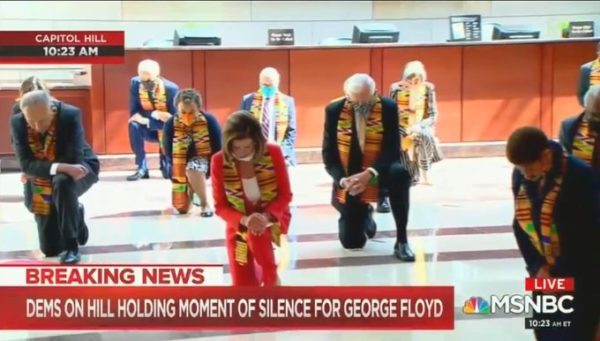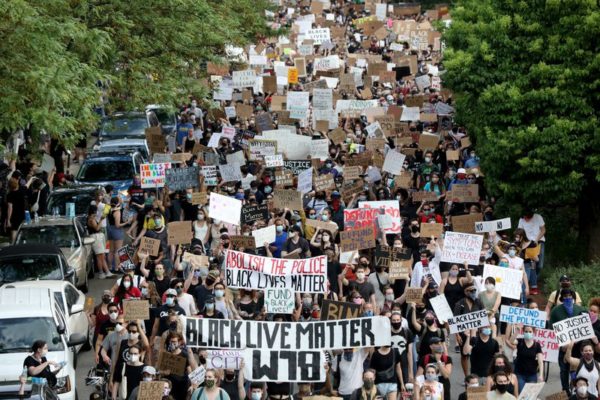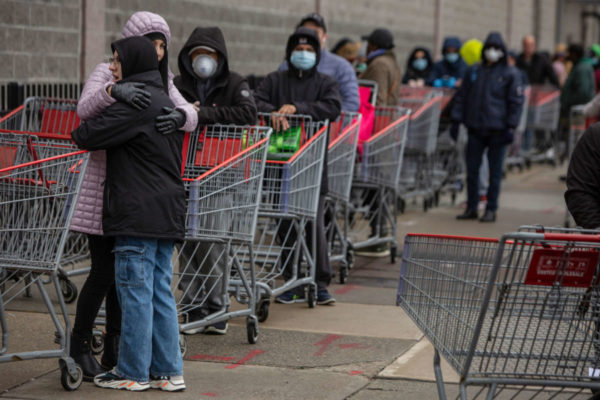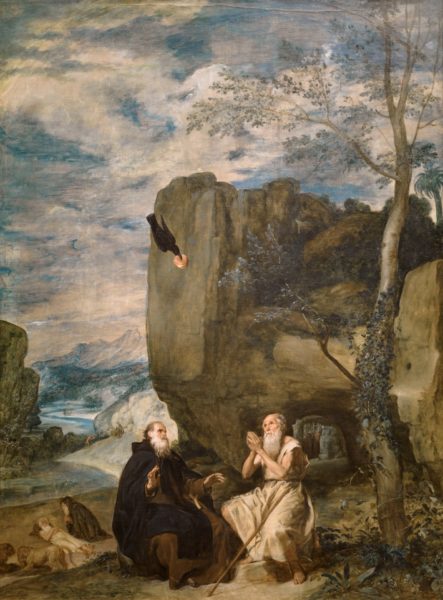Browse

The Triumph of Black Lives Matter and Neoliberal Redemption

Black Lives Matter sentiment is essentially a militant expression of racial liberalism. Such expressions are not a threat but rather a bulwark to the neoliberal project that has obliterated the social wage, gutted public sector employment and worker pensions, undermined collective bargaining and union power, and rolled out an expansive carceral apparatus, all developments that have adversely affected black workers and communities. Sure, some activists are calling for defunding police departments and de-carceration, but as a popular slogan, Black Lives Matter is a cry for full recognition within the established terms of liberal democratic capitalism. And the ruling class agrees.
How Racial Disparity Does Not Help Make Sense of Patterns of Police Violence

Despite its proponents’ assertions, antiracism is not a different sort of egalitarian alternative to a class politics but is a class politics itself: the politics of a strain of the professional-managerial class whose worldview and material interests are rooted within a political economy of race and ascriptive identity-group relations. Moreover, although it often comes with a garnish of disparaging but empty references to neoliberalism as a generic sign of bad things, antiracist politics is in fact the left wing of neoliberalism in that its sole metric of social justice is opposition to disparity in the distribution of goods and bads in the society, an ideal that naturalizes the outcomes of capitalist market forces so long as they are equitable along racial
Nineteen Gnomic Stanzas

A bison will savor a dust wallow.
His motto is “Anything goes.”
Have a look at the ants in the closet
eating your clothes.
The Work of Feelings in Public Schools

Public schools that design curriculum to focus on belonging and social emotional skills are training students for low-wage jobs—and non-ironically calling this training equity and inclusion. Valorizing equity in this way—at the level of feelings—doesn’t only mean pushing aside teaching novels and covering anti-racist art if it makes students feel bad. It also means cultivating a principled indifference to the real wages of the working poor, including those who work for public schools.
Why Do Universities (Still) Have Endowments?

While trustees of institutions with large endowments may think they’re guarding intergenerational equity or intragenerational equity (in the form of expanded access in the present), they are really merely mounting vigorous campaigns of wealth accumulation that increase inequality. So why do these universities still have endowments?
Every Meeting is a Hallucination Waiting to Happen

At which point, I have to wonder. A great many things.
How Not to Tackle COVID-19: Butler’s Anticapitalism

By contrast, the wonderful thing about a socialist perspective is that it doesn’t ask you to show your ID papers, to demonstrate your worthiness, to haul out the testimony of ancestors—or even for that matter to account for proximate causes (like whether you smoke or eat pork or drink alcohol and soft drinks). Socialism doesn’t care how you got those comorbidity factors (diabetes, a heart condition, hypertension, etc.) that play an outsized role in the current health crisis. You’re going to get the healthcare you need because everyone is going to get it.
Deserts: Cells for certain individuals

Carthusians refer to their cells as deserts. The cell is a remote site at the margins of civilization, distant from the noise of society and mundane temptations. A desert is not only the place where all customs, traditions, and historical stratifications fall apart, but also where any consolidated societal structure can be questioned and examined from an estranged point of observation.
The Recluse

By contrast, what the idea of the rule provides is a relation to the self—to sleeping, washing, eating, excreting and reflecting—that embodies an understanding of the social constituted neither by an assemblage of solitaries nor by the model of the epistolary relations between the writer and the “others” whose “help” he needs to cultivate himself properly. It would be too much to say that in the seven “Deserts” we see the struggle between capital and labor. But it would be exactly right to say that we see emblems not of self-care but of both conflict and of ideology.


